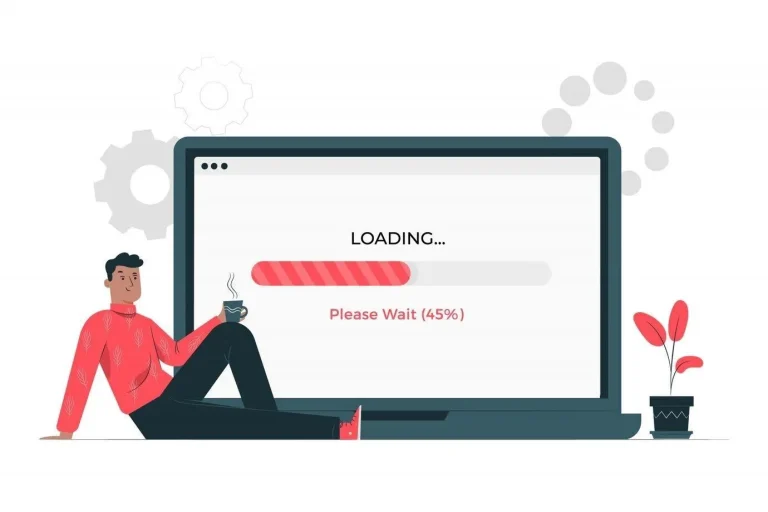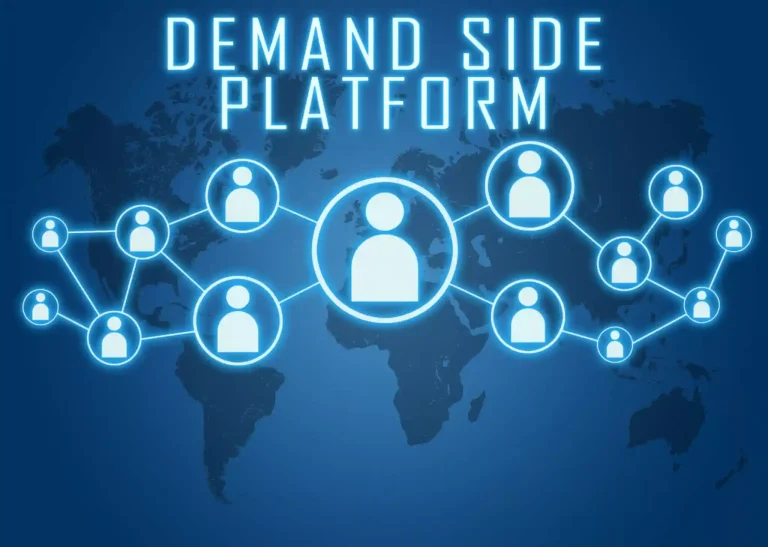Programmatic advertising is an ever-evolving landscape. Do you all remember how we started? From direct sales to ad networks to ad exchanges, and came to introducing Private Marketplace (PMP) deals. But what ignites the change every time?
We say inability.
Ad exchanges were born when ad networks couldn’t place ads based on behavioral data. Similarly, to leapfrog the drawbacks of real-time bidding on open exchanges, private marketplaces (PMPs) were created.
Since their inception, private marketplace deals (PMPs) had a meteoric rise in 2022, accounting for 39.6% of all programmatic transactions (source: Statista). This burgeoning advertising type is here to stay.
Table of Contents
What Is a Private Marketplace (PMP)?
A private marketplace refers to the real-time auction of publishers’ ad inventory in an invite-only setup with several advertisers. Simply put, a private marketplace lets you cherrypick the buyers so that they can sell the ad inventories to the selected buyers at a premium price while maintaining a brand-safe environment.
The main difference between Open auctions and Private Marketplace is that PMP is an invite-only auction where a publisher invites advertisers to bid on its inventory. Due to this “invite-only” feature, this auction is termed a private auction.
The publisher knows the bidding buyers and the inventories (generally premium) are sold to them at higher prices (CPMs). Without PMPs, we have to deal with the following:
- Increased ad fraud cases,
- Complaints of hidden vendor charges,
- Mishaps in targeting the correct audience, and
- Inability to connect a handful of relevant buyers with a publisher.
Open Marketplace Vs. Private Marketplace (PMP)
In a Private Marketplace, publishers have better control over their ad inventories. Be it the CPMs, advertisers, and the type of creatives displayed on their site. The private marketplace guarantees higher CPM as a publisher offers buyers a ‘first look’ at the premium ad inventories.
Private Marketplace deal provides transparency in publisher and advertiser relationships. Advertisers are fully aware of what they are buying, and publishers are aware of who they are targeting and who will place ads on their inventories, which isn’t possible in open marketplaces.
Benefits of a Private Marketplace (PMP) Deal
Private Marketplaces have grown substantially and will account for over 40% of the total programmatic ad spend. It is expected to grow more by the end of this year. The best part is PMP offers benefits to both publishers and advertisers.
How? We’re glad you asked.
- PMP provides transparency for both publishers and advertisers. It is a step to illuminate the obscurity plaguing the advertising ecosystem.
- It allows brands to control where their ads are promoted instead of being placed everywhere.
- PMP auctions allow a new way for publishers to fill their ad space. Instead of relying on the sales team, publishers can connect and make their inventory available to the selected advertisers via an ad server.
- It ensures premium inventory, thus assuring brand safety.
- It can give direct access to unique first-party audience data to advertisers and provide enhanced targeting capabilities.
- It helps advertisers to set new buys on top websites quickly and effectively on a specifically segmented audience base.
- It provides relevant ad impressions to the buyers.
- It prevents ad fraudsters and spoofers from siphoning ad dollars.
- It offers a higher ROI for advertisers and higher CPMs for publishers.
Types of Private Marketplace (PMP) Deals
Private Marketplace (PMP) deals have been a popular tool for publishers for quite some time. Although PMPs are fairly easy to use, many publishers aren’t aware of them. It is important to understand the two different types of PMP deals available.
Preferred Deal
A preferred deal is a discount or special offer available only to specific groups of customers. You may offer preferred deals to certain customers based on age, location, employer, or purchase history.
In the digital advertising industry, a preferred deal enables publishers to give preferential access to their ad inventory to a selected advertiser and sell it at a pre-negotiated price. Wondering how they work and benefit you as a publisher? Check out this blog that deeply looks at it and answers all your questions.
Private Auctions
A publisher allows selected advertisers to bid on the ad inventory in a private auction. The advertiser who bids the highest wins the inventory and serves an ad to the user.
How to Get Started with Private Marketplace Deals?
So, what does it take to get started with private marketplace deals? I’ll explain what you need to know, who you should contact, and the steps to make your first deal.
1. Choosing the Right Monetization Partner
The monetization partner you choose can have a big impact on your business. To set up PMPs, publishers need to work with a partner with access to a network of advertisers that aligns with their goals and values and has experience working with their specific industry and audience. To help publishers make the right choice, here are three factors to consider before partnering with a monetization provider:
- Expertise that can help you negotiate and run successful campaigns.
- Access to a wider pool of premium advertisers
- Monetization fees
2. Building Relationships with Advertisers
Publishers can’t sit back and wait for advertisers to come knocking. They need to make themselves available and establish relationships with advertisers. They’re not just selling ad inventory; they’re selling access to their audiences. The more relevant access is, the more attractive a publisher is as an advertising partner.
Publishers should get to know their advertisers rather than simply placing ads on their pages. If you want your PMP to succeed, you must take control of its development and maintenance yourself.
It’s also important for publishers to monitor their performance metrics closely to know when something isn’t working or needs changing — whether it’s an ad type, a placement strategy, or even a particular advertiser.
The more information you have about what works (and what doesn’t), the better you are at making adjustments that will lead to a higher return on investment (ROI). This involves reaching out to potential advertisers, showcasing the value of your inventory, and building trust and rapport.
3. Negotiating Deals and Setting Up Campaigns
Once publishers have attracted advertisers to their PMPs, they must negotiate deals and set up campaigns. In the early advertising stage, publishers usually work exclusively with a limited number of advertisers to negotiate better terms than the average publisher. If a publisher has been working with an advertiser for many years and has a good relationship with them, this is an advantage.
The negotiation process starts with the advertiser contacting the publisher or vice-versa by sending a proposal to Google Ad Manager, asking for rates and other information about how much ad inventory is available on the site. The publisher will then send information about his site, including its traffic, unique visitors, and other relevant information about the visitors.
The advertiser will then review this information and decide whether he wants to pay for ad inventory on the site. If both parties agree, the deal gets finalized, and they can set it up in Ad Manager.
Wrapping Up
There are many reasons why publishers should implement PMPs. The most obvious one is that it’s the only way to guarantee a consistent revenue stream from advertisers. In addition, by implementing PMPs, publishers can increase their inventory’s value and create greater competitive differentiation.
They can implement PMPs in two ways. First, do it by themselves. But with this change comes new challenges: publishers must invest in technology, hire more staff and learn new skills. Implementing PMPs requires overhauling their operational processes, from negotiating contracts to analyzing campaign performance. And it all needs to be done within tight deadlines because if you don’t get your house in order quickly enough, your competitors will beat you to market.
The second option is to work with a third-party provider with the infrastructure and experience to help them launch and manage the campaigns.
Publishers should start by assessing their current position in the programmatic ecosystem and identifying any gaps hindering success. What kind of inventory do you have available for PMPs? How can it be used most effectively? What types of campaigns are you currently running on your site? These are some questions that need answers before you begin making changes.
Couldn’t find what you’re looking for? Let us know in the comments, and we’d be happy to help you find the answer.
FAQs
What Is a PMP Deal?
Private marketplace deals are programmatic advertising where publishers sell premium ad inventory to a select group of advertisers based on pre-negotiated terms. This allows publishers to offer high-quality inventory to advertisers while maintaining control over who can access it.
How to Setup a PMP Deal?
To set up private marketplace deals, publishers need to work with a monetization partner with access to a network of advertisers. They must build relationships with advertisers, negotiate deals and campaign terms, and ensure they have the technical infrastructure to run the auction.























